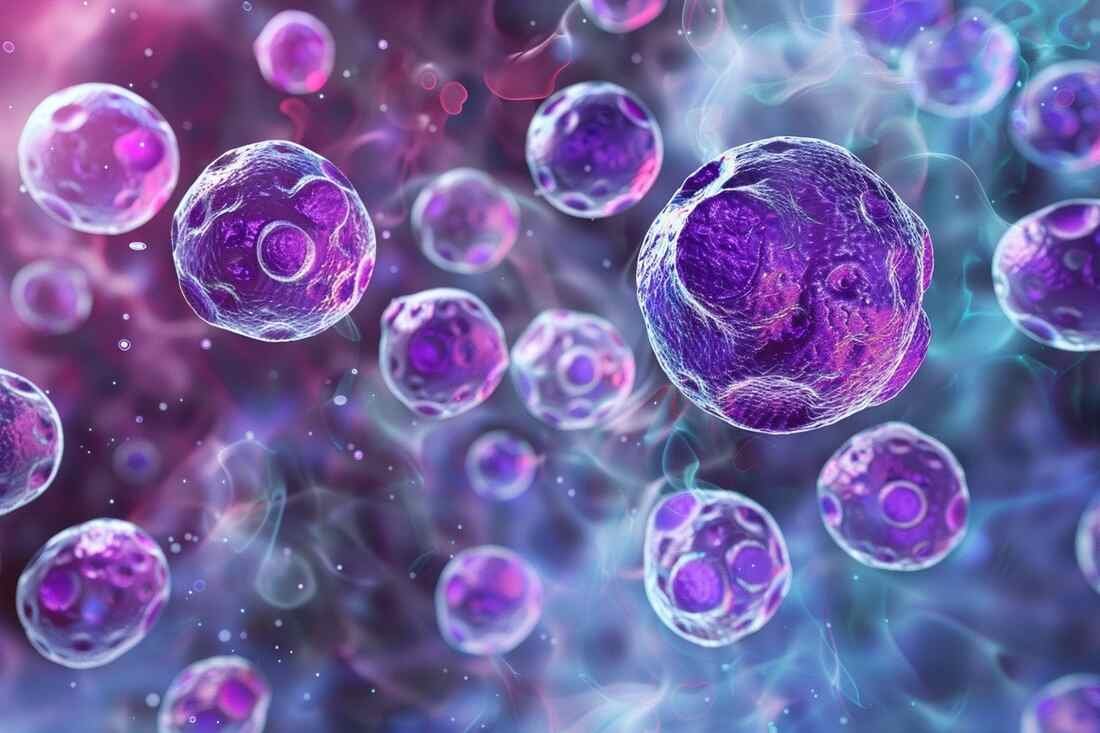Creatinine and Kidney Failure
What is creatinine?
Creatinine is a normal metabolic waste product produced by the use of creatine by the muscles. The latter is synthesized by the liver and stored in the muscles where it plays a role in the production of energy. Transported by the blood, filtered by the kidneys and eliminated in the urine, creatinine reflects our kidney function. If it is high, it reveals that our renal system is in a bad condition.
A natural metabolic waste product, creatinine reflects the state of health of our kidneys. Here is what tends to make it increase and who should alert if it is too high.
What is the normal level of creatinine, which level is dangerous: when to worry?
In addition, the concentration of creatinine varies according to the muscle mass of a person. For men, the blood creatinine level should be between 6 and 12 ml/g and between 4 and 10 ml/g for women. It should be 3 to 8ml/g for a child between 4 and 10 years old and 4 to 10ml/g for a teenager between 10 and 14 years old.
To know your creatinine level, it is necessary to do a urinary clearance. Two methods are then possible: the quantity of creatinine can be measured by taking a blood sample (without the need to be on an empty stomach) or it can be estimated from the total urine volume produced in 24 hours, i.e. say a urine collection conducted throughout the day.
When Creatinine Rises: The Causes of High Blood Creatinine Concentration
In some cases, the creatinine may be high, but there is no reason to try to lower it if after further examinations no disease related to the kidneys is detected. However, it should be remembered that the creatinine level increases constantly and varies according to our activities, for example when we eat a lot of red meat or when we do a lot of physical effort.
Creatinine level: kidney stone, infection, kidney cancer
Several factors can cause an increase in creatinine, including a problem with kidney function such as the presence of a kidney stone, an infection, chronic kidney disease or in more serious cases, kidney cancer.
The best prevention to avoid problems related to the kidneys and to ensure that they work properly is to drink about 1.5 liters (around 51 oz) of water a day.
Apart from kidney problems, creatinine can increase due to heart failure, physical exhaustion, muscle injury or dehydration.
Creatinine dosage and fatigue: how to lower the level in the blood?
While physical exhaustion is one of the risk factors, fatigue is one of the most common symptoms of abnormal creatinine levels. Rest and improved lifestyle are therefore essential to be able to lower the dosage of this metabolic waste in our body.
What are my kidneys for?
In a normal situation, each person has 2 kidneys, each made up of about a million functional units, the nephrons. Nephrons have several important roles in the body.
The best known function is the elimination of wastes and toxins present in the blood, concentrating them to result in the formation of urine.
But the kidneys are also at the origin of the secretion of hormones:
- Erythropoietin (EPO) which serves to stimulate the regeneration of red blood cells;
- Vitamin D which is used for bone mineralization;
- Renin, which regulates blood pressure.
- When a certain number of nephrons no longer work, these roles are no longer optimally fulfilled: we speak of kidney failure or kidney disease.
What to do in case of kidney failure?
To date, there is no treatment to cure kidney disease. On the other hand, when the diagnosis of chronic renal failure has been made, certain preventive measures make it possible to limit its progression, hence the interest of discovering it as early as possible.
1. Follow dietary advice:
It is advisable to limit protein consumption to one serving of meat, fish or eggs per day (approximately: 0.8 mg of protein/kg/day).
Limiting salt consumption reduces the pressure on the kidney filter and prevents their alteration. It is advisable not to consume more than 6g of salt per day (and to replace it with herbs and spices).
Some patients also need to track their potassium and/or phosphorus intake.
Water consumption should be adapted to thirst (approximately 1.5L of water per day or around 51 oz).
2. Take your medication:
The general practitioner or nephrologist prescribes medication to lower blood pressure and decrease proteinuria (amount of protein in the urine).
These drugs should allow blood pressure to be below 140/90. If necessary, the doctor may recommend taking regular blood pressure measurements and recording the values obtained in a log book.
3. Practice regular physical activity
The regular practice of physical activity, even of moderate intensity, is a major factor in the prevention of the main chronic pathologies.
4. Stop smoking:
Tobacco is recognized as an aggravating factor.
5. Take regular blood tests:
Blood tests allow you to monitor the disease and adapt the drug treatment and dietary advice if necessary.
The blood test usually includes:
- The dosage of creatinine and the evaluation of its clearance;
- The dosage of albuminuria or microalbuminuria;
- The dosage of potassium;
- The blood count (looking for anemia);
- Dosage of calcium, phosphorus and vitamin D (bone balance).
The blood test is often associated with assays carried out on the urine collected for 24 hours.
6. Consult your doctor or nephrologist regularly:
Even if you do not feel any symptoms, these consultations are essential to monitor your kidney disease: take blood pressure, check blood tests, adapt medication if necessary.
Regular monitoring can slow the progression of the disease.
Information: Cleverly Smart is not a substitute for a doctor. Always consult a doctor to treat your health condition.
Sources: PinterPandai, National Kidney Foundation, Mayo Clinic, MedlinePlus, Davita
Photo credit: Human Biology by Cindy Seiwert PhD and Goodwin University (CC BY-SA 4.0)



